Chief Ojo Maduekwe, former minister of foreign affairs, left a lasting impression on me the first time I met him in flesh. It was at the airport in Cape Town, South Africa, sometime in 2008, I think. I was coming from the World Economic Forum on Africa. As soon as I saw him, I looked away — for fear receiving a tongue lash, or something of a higher grade. I had been very critical of him in my articles. Not on his performance in public office, but his perceived “opportunistic” politics. I believed he would have no other option than to descend on me the day he would see me. So it was safe, I presumed, to keep my distance.
Malam Danladi Bako, my ever warm, ever lively journalism uncle, was also at the airport. He was apparently at the Cape Town event. As soon as he saw me, he grabbed my hand, towed me to Maduekwe, and calmly introduced me to him. He was wearing his characteristic smile. Instead of giving me a punch on the nose, Maduekwe gave me a pat on the back. I was more than shocked.
“Simon! I love your articles,” he said, and I waited for the killer “but…”
“You know what I call you? I call you my teacher. I find your articles very educative. I don’t miss them. Please keep it up,” he said again, without the dreaded “but…”
Advertisement
He gave me his mobile number and said I should keep in touch. I could not believe it. It was either he never read my articles that were critical of him or he, being a cultured politician and diplomat, chose to ignore the elephant in the room. Whatever, I was left feeling highly humbled and honoured that a whole Maduekwe — whom I admired despite my disagreement with his politics — would be that generous with compliments. The typical Nigerian response is that “you were paid to criticise me” or “you don’t like me because I’m not Yoruba”. I go through that everyday. His response went against the grain. We never got to see again, but he had won my respect for life — for his maturity.
Now compare this with an encounter I will never have with Chief Rasheed Gbadamosi. When he was chairman of the Petroleum Products Pricing Regulatory Agency (PPPRA), he ran into my chairman, Mr. Nduka Obaigbena, at the Lagos airport. Obaigbena introduced Mr. Kayode Komolafe (then the managing editor and now deputy managing director of THISDAY) to him. In a classic case of mistaken identity, a fuming Gbadamosi began to rain curses in the direction of Komolafe in the wildest language known to humanity. In fact, in Yoruba culture, the contents of those curses, from an elder to a young man, were effectively a sentence of premature death.
Komolafe was confused because he had not written anything about Gbadamosi or PPPRA. He could not close his mouth. Then it dawned on Obaigbena that Gbadamosi must have mistaken Komolafe for Kolawole. So he intervened and said “you must be talking about Simon Kolawole”. The Ikorodu chief then realised his mistake. Since then, that was sometime in 2004, I have been carefully avoiding Gbadamosi’s vicinity. I am not afraid of his curses — the Bible says those who bless me are blessed and those who curse me are cursed; that is automatic. But I’ve been avoiding him because I’m doing everything humanly possible to avoid an elderly slap. I love my cheeks.
Advertisement
Now what did I even write? In truth, I never attacked the respected playwright and accomplished industrialist. It was in the heat of the debate on deregulation. I was making a regular argument then that the government of President Olusegun Obasanjo should build refineries, lease out the management and privatise them later — since the private sector was refusing to build because of the pump price. The part that irked Gbadamosi, I would guess, was my insinuation of a fuel subsidy scam resulting from a collusion between marketers and government agencies — and government officials. I did not mention names or agencies, but PPPRA was a key player in the subsidy chain.
When Maduekwe died on Wednesday, my mind strayed to his response to my criticisms — compared to Gbadamosi’s. It somehow dawned on me that most Nigerians, inside and outside government, are very passionate about the progress of our country. But we often assume we love Nigeria more than the others. This creates a tension in our conversation, leading to the exchange of uncomplimentary words. Beneath the surface, though, we really want a better Nigeria, only that our views and methods could be very different. Everybody is entitled to freedom of expression and freedom of association without being molested. That’s the law.
Unfortunately, it is increasingly becoming difficult to have a decent conversation in Nigeria. An intellectual like Maduekwe would like to listen to you. He loved the contestation of ideas. Dr. Kalu Idika Kalu has challenged me to a debate on economic policy over breakfast or lunch a couple of times, and I often laugh it off, knowing he would sting like a bee and knock me out before the first round — he has seen it all! He was finance minister while I was still reading OA Lawal. But you could see his genuine desire to engage. The late Dr. Stanley Macebuh, as adviser to Obasanjo, once spent a day with us at THISDAY in 2003 for an intellectual tussle on the performance of his principal.
But a lot of people cannot stand debate. When you express a contrary opinion, some phantom group would put up multimillion naira advertorials in the newspapers to announce the astonishing discovery of a sinister plot by some disgruntled elements to destroy their paymaster, as if they just uncovered a plot by ISIS to bomb the White House. You can attribute this to intellectual laziness, if you will, or intolerance of contrary views, or red herring, or hysteria, or overreaction, or whatever. But the audience stands to benefit better when the conversation is civil and the motive is positive. We may still not agree, but we don’t need to exchange blows.
Advertisement
Alas, the biggest stage for public debate today is the highly unregulated social media. The anarchy, regrettably, is doing a lot of damage to civilisation. It is rapidly lowering the IQ of millions of Nigerians. The quality of some comments I see on Twitter, Facebook and online responses to articles is scary, not just disgusting. There is a race to the bottom. Who can say the silliest things? Who can type the nastiest insults? Who can inspire the vilest hate? Who can provoke the bloodiest ethno-religious sentiments? I hope these are not the future leaders of Nigeria. They can talk the country into another civil war. It is terrifying.
Anonymity has helped a lot of cowards build sheds on the internet — to promote and provoke hate and mischief. There is a reason I am not active on social media, apart from sharing articles from websites. There is also a reason I hardly read comments on my articles. I do not get edified most times. Anytime I choose to read anything, I seek three virtues: honest presentation of facts, clear articulation of logic and elegant use of language. I don’t always agree with my favourite writers, but I always get something out of their articles. We cannot all be facing the same direction. That is why there is debate. But if debate is not decent, it loses direction. It achieves little or nothing.
As we continue to debate the nationhood of Nigeria and the contentious issues that so easily stoke tension in the land, maybe we should step back a bit and take a deep breath before we open our mouths. I would humbly propose a three-way test (1) Are my facts honest or sexed-up? (2) What sense do I really want to make? (3) Am I seeking to build or destroy with my choice of words? Nearly everyone has missed it at one time or the other, but if we are sincere enough we can always retrace our steps and repent. And remember: even if people disagree with you, you don’t have to curse them. Maduekwe taught me that. Classy.
AND FOUR OTHER THINGS…
ABIA DRAMA
Advertisement
I’m obviously not a legal expert, but section 141 (Electoral Act 2010 as amended) says: “An election tribunal or court shall not under any circumstance declare any person a winner at an election in which such a person has not fully participated in all the stages of the said election.” Indeed, section 140 (1) says if the court determines that a candidate who was returned as elected was not validly elected on ANY ground, the election should be nullified altogether. On what legal basis, then, did Justice Okon Abang declare Mr. Uche Ogah winner of the Abia governorship election? Wonders.
MAMBILLA MESS
Advertisement
The federal government is finally (hopefully) reviving the Mambilla hydropower project. When completed, the project alone will generate an additional 3050mw. Mambilla is a sad, sickening reminder of everything that is wrong with Nigeria. Conceived decades ago, it has been on the drawing board since then. President Obasanjo finally awarded the construction contract in 2007. However, President Yar’Adua, in his policy reversal ideology, cancelled many of his predecessor’s decisions, including the Kano-Lagos rail contract and the sale of two refineries. Imagine what might have been since 2007! President Jonathan re-awarded the Mambilla project, but contractual disputes stalled it again. Nigeria!
POLICE CLEAR-OUT
Advertisement
In other news, 21 AIGs have been retired. Their offence? They are senior to the new police IG, Ibrahim Idris. We invested heavily in them and can now safely say their experiences have, prematurely, gone to waste. You see, that is how it works in this uniformed business. The moment a junior is promoted above you, your next step is towards the exit door. Painful as it is, that is how hierarchical discipline works in the forces. In any case, anything above the rank of commissioner of police is political appointment. Let’s just hope Idris is worth this mass sacrifice, if not we would have wasted the careers of 21 officers for nothing. Risky.
REFERENDUM ERRATUM
Advertisement
I wrote last week that “there is no portion of the Nigerian laws that allows for a referendum, much less to determine the balkanisation of the country”. That is what happens when you are overdosed on rice, beans and fish stew. And a glorious glass of chilled orange juice. In fact, referendum is constitutionally required in constituencies seeking a new state or council, and where they want to recall a lawmaker. What I actually meant to write was “there is no portion of the Nigerian laws that allows for a NATIONWIDE referendum, much less to determine the balkanisation of the country”. Clarification.
2 comments

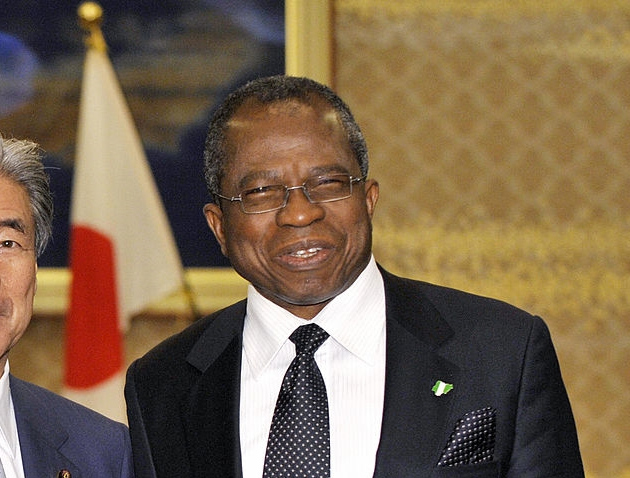
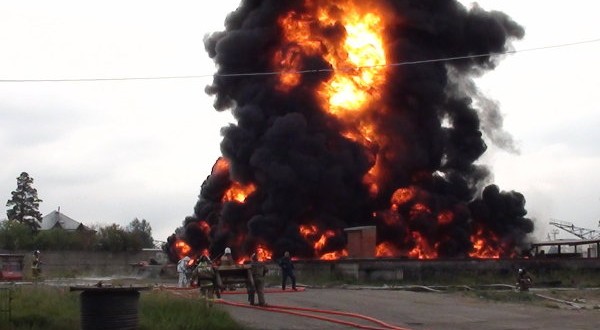
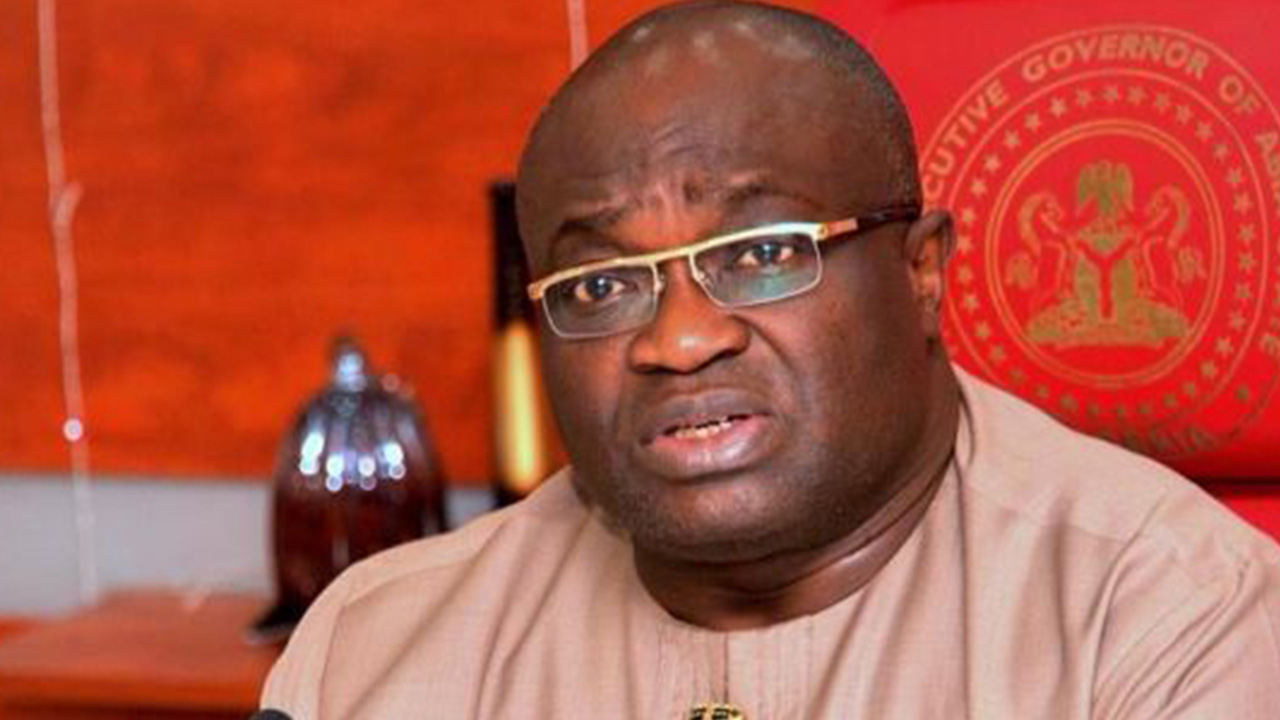
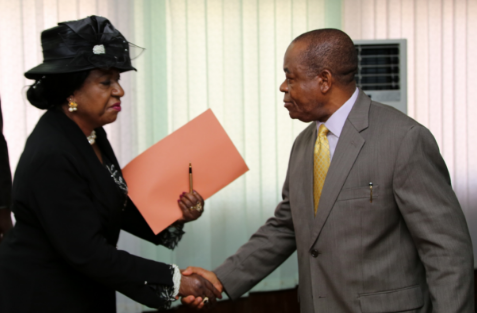
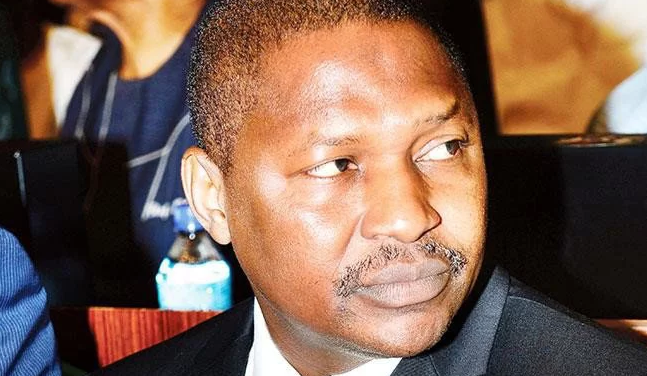
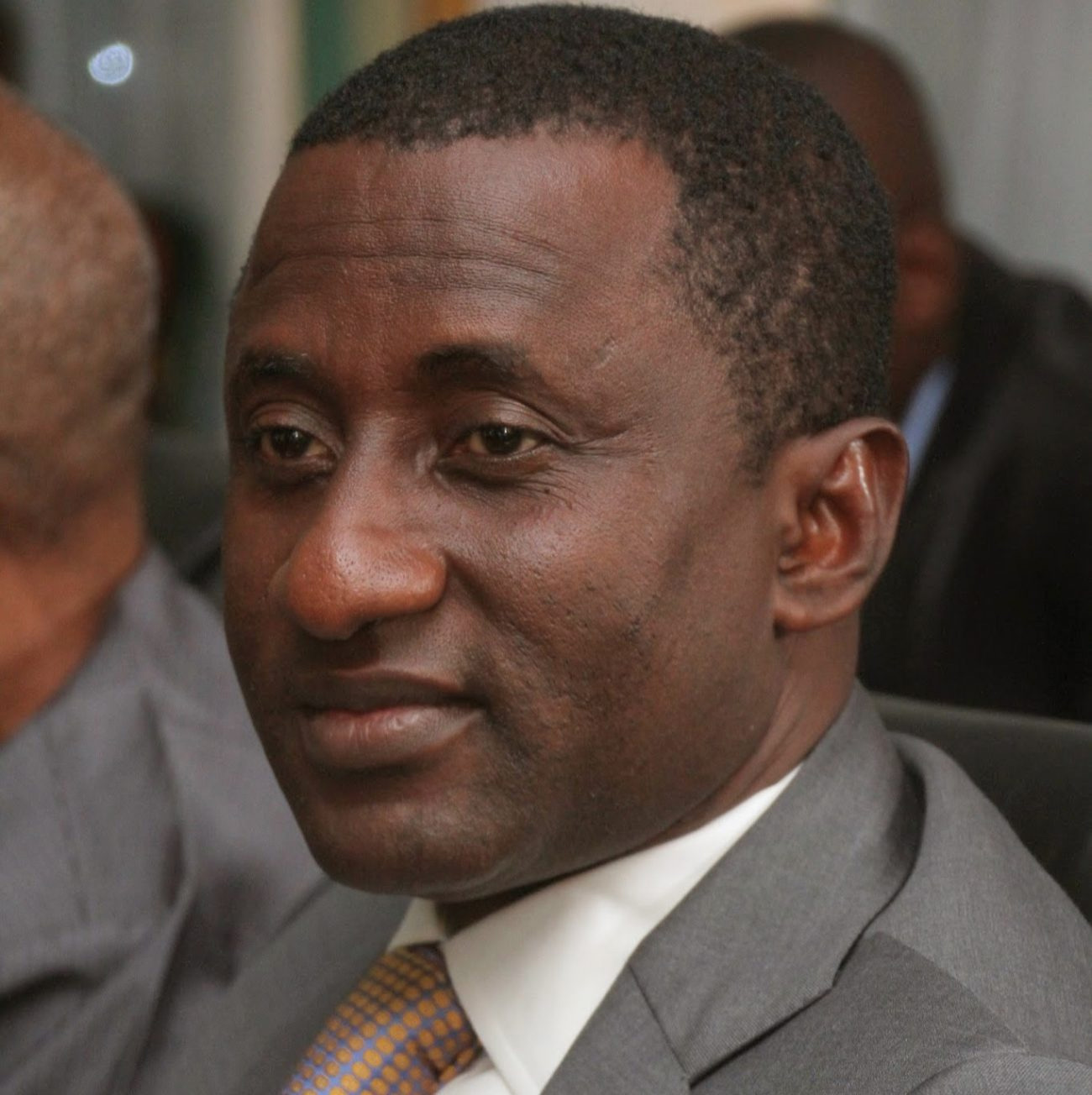
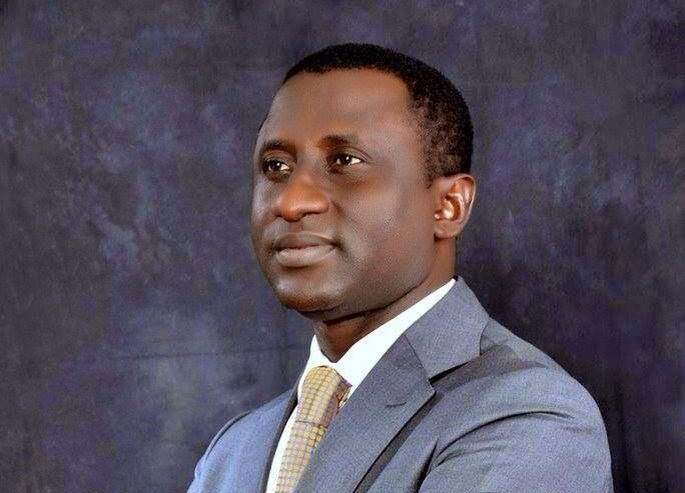
Dear Simon, there is no need writing a comment on this article since you said that you rarely read comments on your articles.
Anyway thank you for being an apostle of civilism and decorum in our media space. I believe that social media has done so much harm in today’s journalism than good. Keep up the good job.
Your comment..Simon! You represent a different world of journalism in Nigeria- The intelligentsia, mettle and decorum